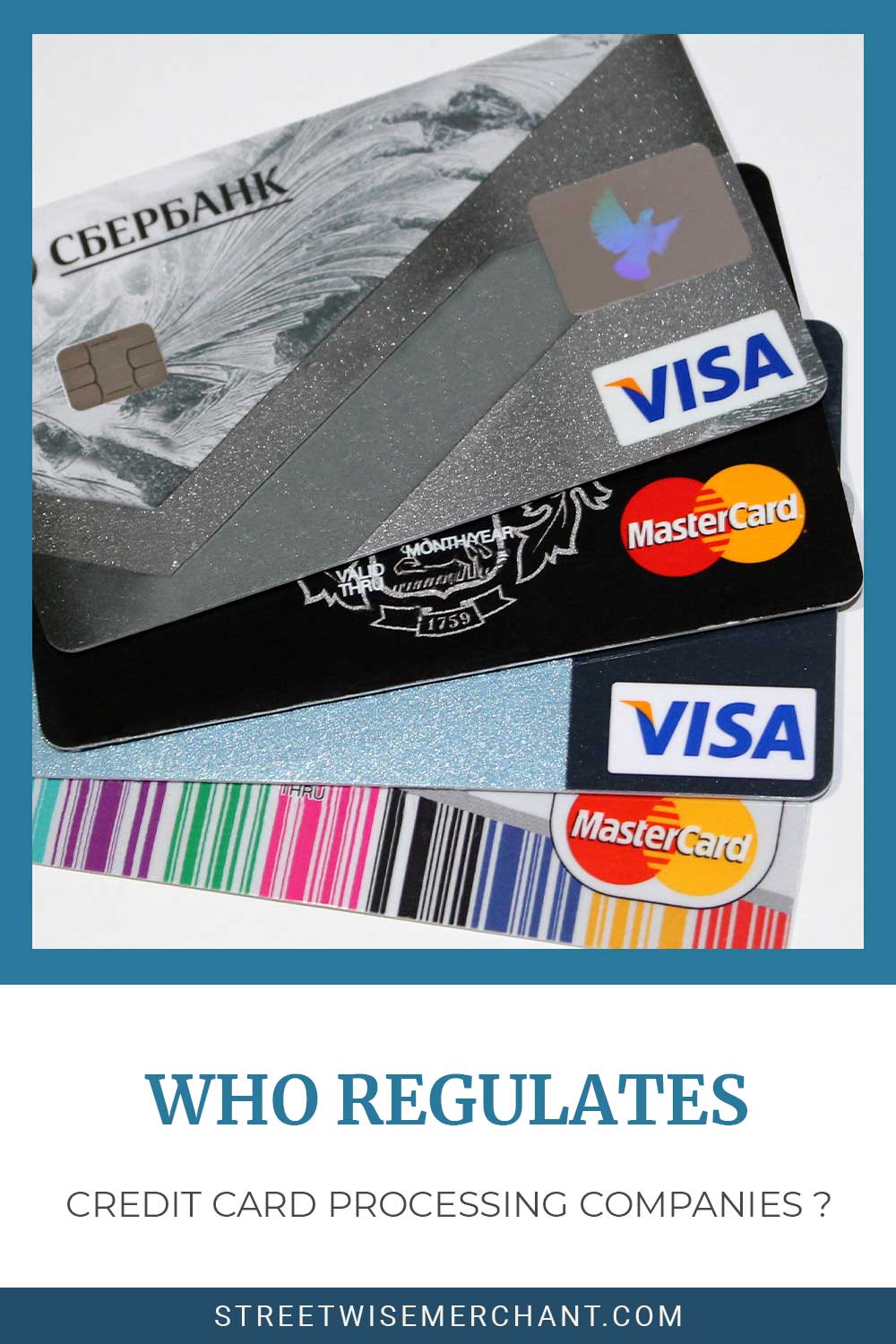Understanding who gets held accountable and by whom is a vital part of the whole business world. So, if you’re a merchant that would include the credit card companies. Have you ever wondered who regulates these companies and makes sure that they are working in the best interest of their customers as well as within the guidelines put forth by the government? Well in this article we are going to break down the entities that do just that and give you an idea of some tugs that are not regulated as well.
The Regulators
There are many groups and divisions that regulate credit card companies some that have been formed by councils and of course the federal government themselves. With a multi-tiered accountability pyramid, these organizations make sure everything gets handled according to plan. Here is a list of everyone that is involved in regulating credit card companies:
Card Association Network
This is a coalition formed by the major credit cards themselves and is primarily in charge of making sure that each brand publishes its set of rules regarding chargebacks and interchange fees. This is used to regulate the transparency of each with the fee system and though you as a merchant may not deal with them directly your processing company must be a member for these cards to accept it.
Acquiring Banks
These banks have agreements with processing companies and are usually a member of the Credit Card association. These banks must submit all information about the sponsor banks to the entire network to makes sure they ate following the regulations set forth by both the government and the credit card companies themselves.
NACHA
This regulator deals with ACH transactions. This group ensures that all credit card companies that deal with debit as well are staying true to the latest ACH payment requirements.
PCI DSS
This group was built by the Data Security Council which the major credit card companies are part pf as well. This is the regulation that looks to makes sure that everyone is maintaining the standards when it comes to the prevention of fraud. Everyone from credit card companies to merchants and third-party processors must follow the guidelines to ensure customer information is safe.
Federal Government
Most regulation is all handled within the confines of the industry but overarching all of that is the government. The first thing that the Federal Reserve oversees when dealing with credit card companies comes to form an amendment attached to the Dodd-Frank Law. The amendment which is called the Durbin Amendment allows the federal reserve the authority to monitor and regulate the fees that may be attached to any debit card transaction.
The other governing body that has a little bit to do with regulating credit card companies is the Treasury Departments. To be exact the Office of the Comptroller of the Currency. This is the division of the government that regulates credit cards from major national banks.
So, with all these groups regulating the credit card industry, you may be wondering is there anything that is regulated. There is unfortunately and knowing about this as well will help be a better business owner.
Is There Anything That is Not Regulated?
There are a few grey areas that slip through the cracks these include:
- Tiered/Flat Pricing Plans
- Miscellaneous fees
So those are the main two that slip through the cracks and have little to no regulation.
Final Thoughts
There are several tours of regulators in ace and though many of them are in-house they still must abide by the federal law and must do so with a modicum of decorum for sure. Understanding the thought and structure of who and how the industry is regulated will allow you to be more aware and handle issues better. This is also a super important piece of knowledge so that you have answers to questions that may arise from your customers as well.
